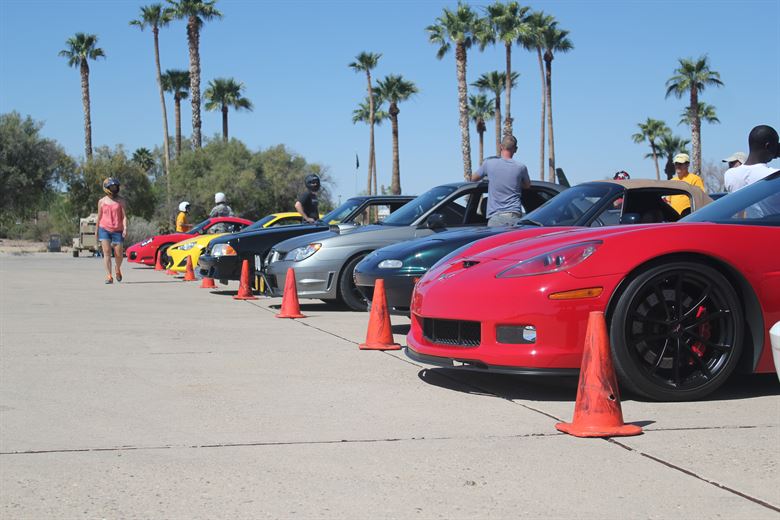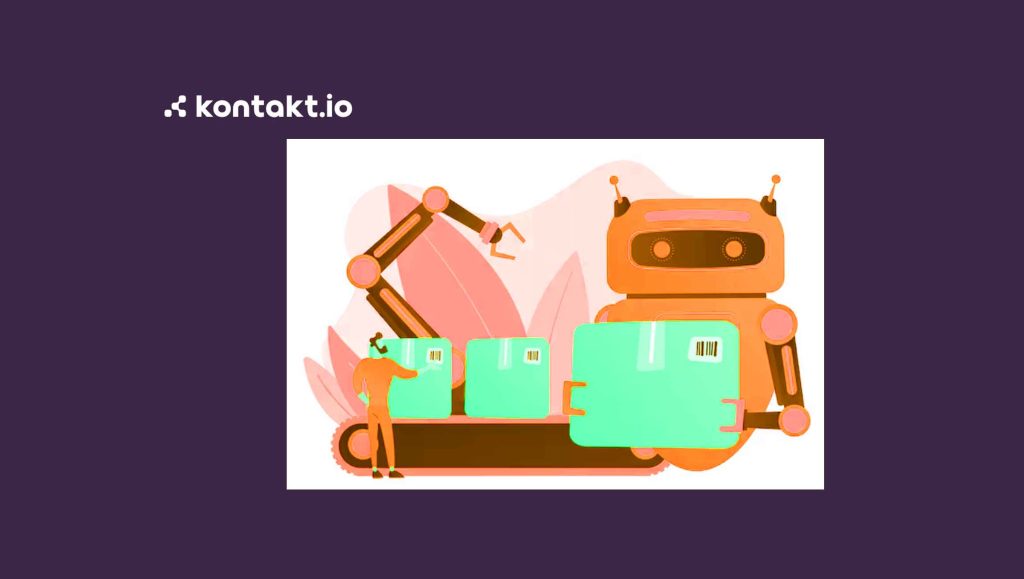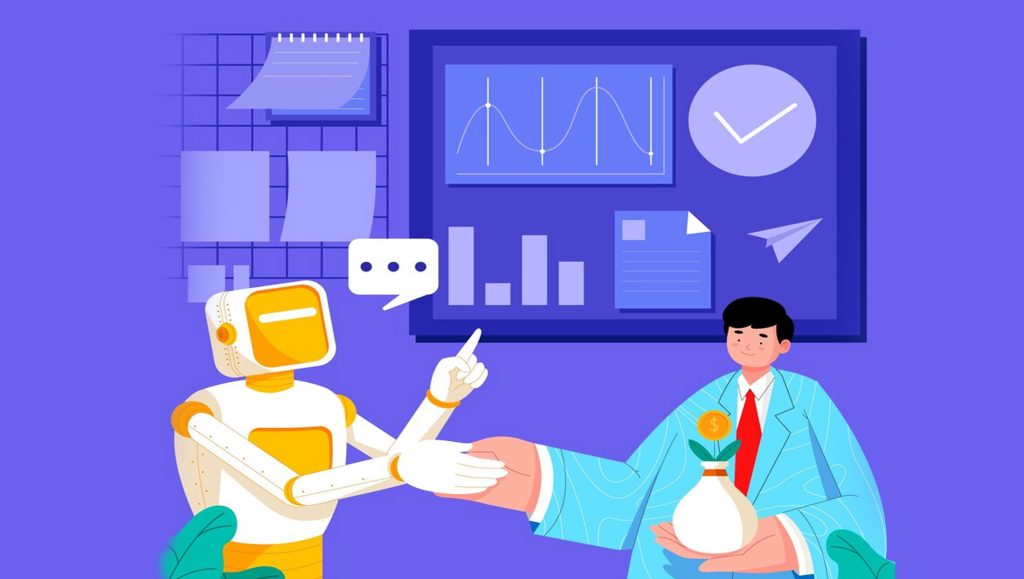People shopping for cars usually take several months to make their decision, which presents a unique challenge and opportunity for marketers. Given the expense and overall weight associated with a new car purchase or lease, the automotive shopper’s decision-making process represents a fine blend of rationality and subconscious motivation. Thus, it is vital for marketers to not only know where to find people currently shopping for a car, physically and digitally, but also for them to be able to speak wisely to the underlying values that fuel these important purchases.
Read Also: BLOK Technologies Signs Agreement to Acquire Retail CRM Software Platform Businessworx
To better illuminate relevant audience insights for automotive marketers, Resonate tapped into its consumer intelligence platform to uncover the motivations, values, lifestyles and media habits of people who are likely to buy or lease a car in the next 12 months. The resulting audience profile revealed a dynamic group of people whose desire for self-fulfillment and lust for life are leading them to seek automotive purchases that align with these deep-seated values.
Informatica’s Small Steps Using Buyer Intent Data Culminate in Huge Sales Success
To call people who are in the market for a car “active” would be an understatement. Their desire to be on-the-go is reflected in both their top hobbies (visiting spas and resorts, going to the movies and watching pro sports live) and daily routines, which place a high value on athletic accomplishments and gym memberships. These hobbies and routines, all deeply rooted in the physical world, suggest that marketers should be building bridges between their real-world activities and their digital interactions.

When it comes to the top apps used by auto shoppers, it’s not surprising that their usage mirrors their hobbies and daily routines. Business tools and productivity apps are tied with travel apps when it comes to commanding the most attention from these individuals. Other top app categories include entertainment and lifestyle apps, as well as sports, finance, and food and drink apps.

While the average auto shopper strongly values physical activity and social engagement, they’re also deeply embedded in the digital space, where they leverage content and platforms to facilitate their energetic and self-driven lifestyles. More than 60% in the market for a car are spending more than 20 hours online each week, with nearly a quarter of them spending more than 40 hours online.

Auto marketers might be surprised to find that the in-market auto shopper’s most-frequented social networks are not Facebook or Twitter, but rather Reddit, Snapchat, Instagram and LinkedIn. This proclivity makes sense, however, in the context of this group’s top personal values and psychological drivers. Self-fulfillment, taking care of one’s family and learning and knowledge are the core personal values that motivate this audience, and the aforementioned networks are core to feeding these principles, not to mention their desires for social and professional achievement and overall excitement in life.

From a media perspective, auto shoppers represent an eclectic bunch, with their top-watched TV networks and most-read magazines ranging from the informative to the entertaining. In terms of TV shows, this audience favors distraction and humor—as well as viewing through their personal devices such as tablets and phones.



The time it takes people to make a decision on which car to buy requires marketers to take a meaningful, story-driven approach to connect with these valued consumers over time. By better understanding their online and offline habits, as well as the underlying values and motivations that drive them, marketers can begin to craft a consumer journey that aligns with this ever-important path to purchase.
Recommended: SuccessKit Creates B2B Case Studies at Scale to Power the Sales Process




















